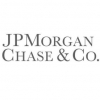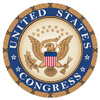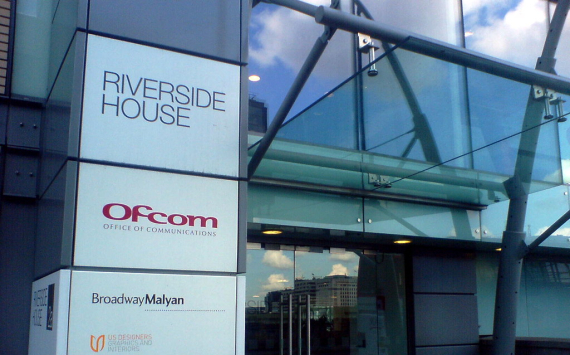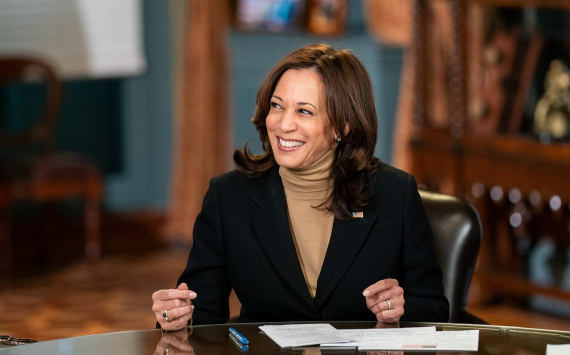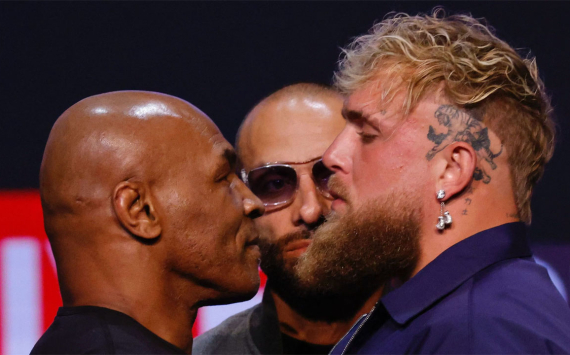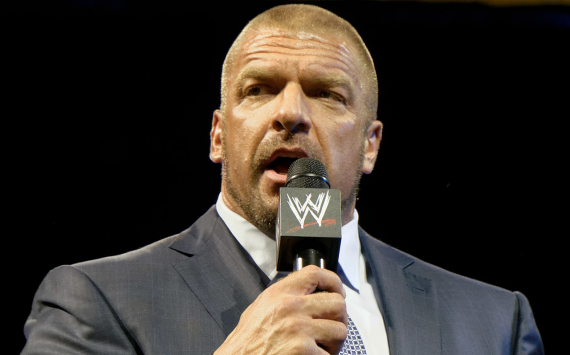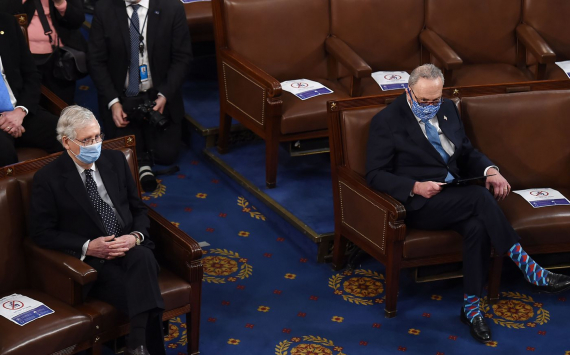
Tax on share buy-backs
Democrats in the US Congress want to impose a 2% tax on share buy-backs by companies to raise $270bn to fund the $3.5 trillion welfare bill.
On Friday, two senior Democrats in the US Senate introduced a proposal to impose a 2% excise tax on corporate share buy-backs.
The measure follows a proposal to raise the corporate tax rate from 21% to 25% and raise the top individual tax rate from 37% to 39.6% as ways to raise funding for a major $3.5 trillion social bill promoted by US President Joe Biden's team.
The practice of share buy-backs has been particularly used by companies since 2017, after former US President Donald Trump cut taxes for US corporations.
In recent years, the largest US companies have spent record amounts on share buybacks, boosting earnings per share and increasing shareholder value. S&P 500 companies' buyback spending rose 11 per cent from March to June this year, an analyst at JPMorgan said, while their capital spending rose 6 per cent on average and dividend spending fell 3 per cent.
Democrats have criticised this widespread buy-back practice for helping big companies evade tax and enriching their executives. According to them, introducing a tax on share buybacks would encourage companies to channel more funding to invest in their businesses and create more jobs.
Congress estimated that these tax changes would bring in about $270bn over 10 years.
These proposals are likely to meet resistance from Republicans in Congress, as are attempts to raise the corporate tax rate. However, Democrats are looking for ways of single-party approval, as they have already done with the $1.9 trillion US Pandemic Relief Bill passed in March, for which no Republican votes were cast.



